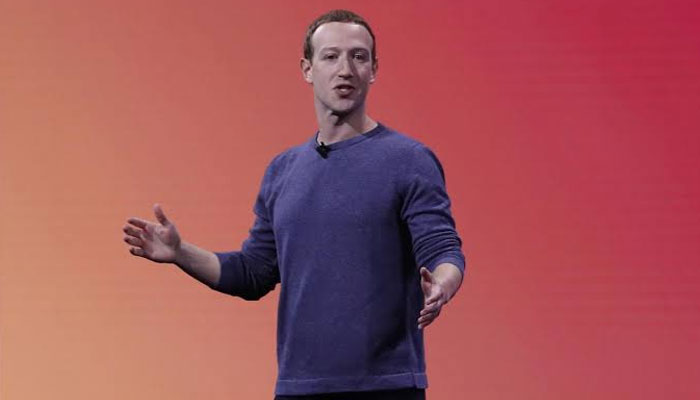Facebook CEO dines with senators to talk social media's 'role and responsibility'
September 19, 2019

Facebook has been under fire on a number of fronts for over a year, with the US Federal Trade Commission (FTC) having launched anti-trust investigation against the social media giant and a number of state attorneys-general and legislative proposals seeking seek to restrict how it operates.
Democratic Senator Mark Warner, the Intelligence Committee's Vice Chair, helped organise a dinner where Zuckerberg could meet other Senators at the company’s request, his spokesperson Rachel Cohen said.
According to Cohen, the US senators and Zuckerberg dined at an unnamed restaurant and discussed “the role and responsibility of social media platforms in protecting our democracy, and what steps Congress should take to defend our elections, protect consumer data, and encourage competition in the social media space”.
It was the Facebook CEO's first trip to Washington since April 2018 when he had fielded questions for 10 hours over two days from nearly 100 US lawmakers over privacy issues, election security, and potential regulation.
Zuckerberg was set to be in Capitol Hill on Thursday to hold additional meetings, including with Utah Senator Mike Lee, a Republican. He was also expected to be in Washington to “talk about future internet regulation” with policymakers, Facebook said in a statement Wednesday.
A person briefed on the matter said he was also expected to hold meetings with the Trump administration; however, a White House spokesperson declined to comment.
Facebook — which had agreed to a record-setting $5-billion settlement with the FTC over privacy practices in July — also faces antitrust investigations by the US government's independent agency and a group of attorneys-general.
The FTC privacy probe was triggered last year by allegations that the social media giant had violated a 2012 consent decree by inappropriately sharing 87 million users' information with the now-defunct British political consultancy, Cambridge Analytica. The consultancy’s clients included Trump’s 2016 election campaign.
Facebook had also drawn the Capitol Hill's ire after it announced plans in June to launch the Libra crypto currency as it expands into e-commerce. The project, comprising a consortium of financial firms based in Switzerland, was scheduled to launch in 2020.
Regulators, central banks, and politicians in the US and Europe worry that the Libra has the potential to upend the world financial system, harm privacy, and foster money laundering.
Facebook further faces scrutiny from lawmakers on a wide range of issues, including privacy, market power, efforts to combat extremism online, preventing foreign interference in campaigns, and accusations of political bias.
It was also being probed by a group of state attorneys general led by New York.
Once lauded as the engines of economic growth, companies operating in areas such as social media, internet search, e-commerce, and other digital technologies have increasingly been on the defensive over their out-sized market influence and privacy breaches.











